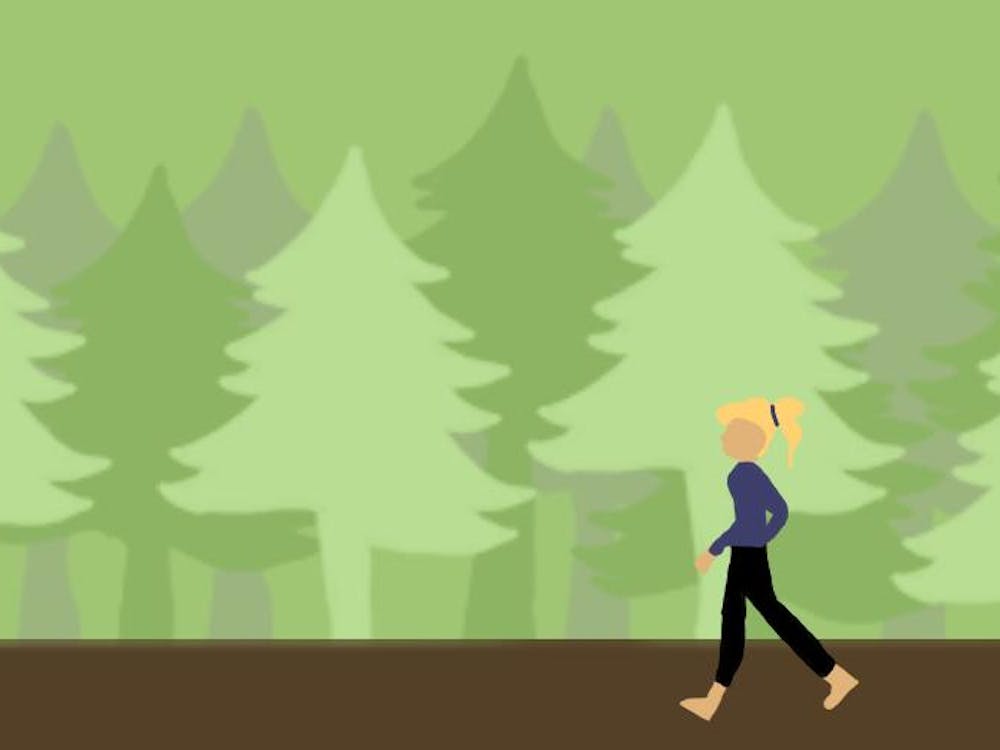Nothing in life is as bad as being stuck in the middle.
Who could imagine something that feels almost as bad as being told you aren't good enough for something?
But recently, my friendly mailman has been delivering something that is nearly as unpleasant - and nearly as thin - as a rejection letter.
Apparently, law schools don't feel comfortable either accepting or rejecting me outright. Instead, the admissions officers have decided to make me sit around and wait a little bit more.
Ah, the glory of the waiting list. I am now on three of them - including the list here at the University. While I had dreamed of only moving a few miles and being able to partake of the University's luster for three more years, that was not the news I wanted.
It's a little bit like being in purgatory, trapped somewhere between the gates of heaven and the fires of hell. You have to feel bad for the people in a worse situation, but you can't really be that happy. And while there's the possibility of escape, nothing is guaranteed, even with divine intervention.
Being on waiting lists goes against my strong desire to feel settled and have decisions neatly made. I only applied to one undergraduate school. I decided on a major by the end of my first semester. I've wanted to go to law school ever since I was about five, when I became addicted to episodes of the legal drama "T.J. Hooker." Once I've made decisions, I've rarely looked back. Now, there's a huge cloud of uncertainty hanging over my head, and I don't quite know what to do.
Of course, I realize that being on the waiting list is better than being rejected. Wait-list letters tend to be kind and gently explain that the problem is not my lack of qualification but rather the school's lack of space.
It's the law-school equivalent of an "it's not you, it's me" break-up - with the option of getting back together sometime in the future. The school can imagine having a relationship with me, but it simply isn't sure about whether that is the best path to pursue right now.
I realize it's not the end of the world. But it still hurts to have schools decide to see who else is out there before they're forced to come crawling back to me, begging for the chance to correct their previous error. (Or at least I hope they will.)
So while I wait, trying to make some sort of decision between the schools that have decided to accept me and those that have left me dangling like a trapeze artist without a net, I am trying to find a silver lining in this unpleasant situation.
I have not been very successful in this endeavor. So rather than wallowing in self-pity, I decided to hit the road and go look at one of the schools that has offered me admission - Washington & Lee University in scenic Lexington.
I had never been to Lexington before, but on Saturday, I found myself an hour outside Charlottesville and in an entirely different world.
The trip there was not particularly bad. There were many cows, and part of the route through rural Augusta County smelled suspiciously like bovine poop.
But once I arrived in Lexington, I liked what I found. Yes, it is small and there do not appear to be that many things to do. But so often, the University feels too large. Students and faculty don't know each other that well. Although W&L does go a bit far in the opposite direction, it would be a welcome change from being just another social security number in the crowd.
There's a good chance I'll end up in Lexington, which will be a major culture shock after living in New Jersey most of my life and then in Charlottesville.
It won't be what I originally thought I wanted. But I have a feeling that it will work out just fine anyway.
As long as the cow poop smell doesn't make it quite that far.






